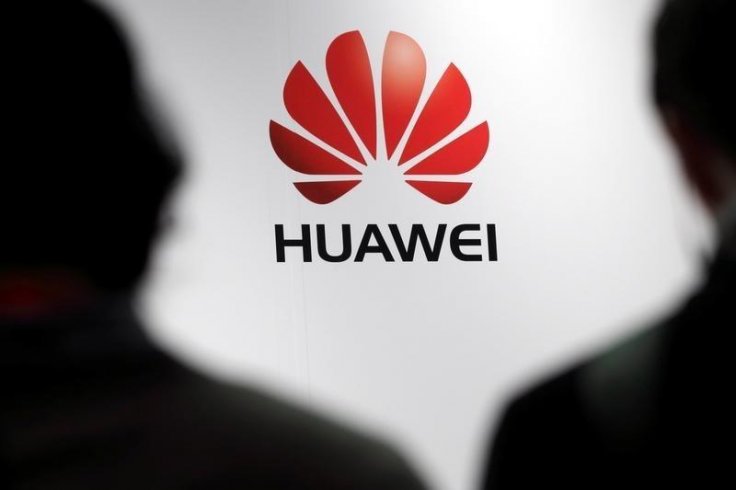
The current US blacklisting of Huawei has put the Chinese tech giant in a rather tricky spot. The company has not only been banned from selling its smartphones and telecom equipment in the US, but it will also not be getting any technical support and supplies from US-based tech companies including Google.
The biggest hurdle
Not allowing Google from offering its technical support to Huawei means that Huawei can no longer use the Android operating system and Google Mobile Services (GMS) which include popular Google apps such as YouTube, Gmail and Google Maps. The US tightened its grip on the supply chain in May 2019, forcing Huawei to ditch Google's GMS and create its own operating system called Hongmeng aka Harmony OS and its own suite of apps and services known as Huawei Mobile Services (HMS).
Huawei's HMS
Huawei's transition has been quite smooth so far with the company reportedly signing up top app developers to create its Google apps alternatives, despite the fact that company was left without a stable app ecosystem almost overnight.
Huawei recently signed Dutch map maker TomTom to create maps for its Google Maps replacement app. The company has been constantly looking for viable options offering developers lucrative incentives to join its HMS platform. This is quite a positive thing for the company and since it has already managed to survive without Google it seems that the Chinese multinational has no plans of jumping back on board GMS even after the ban is lifted.
Not going back to Google
Huawei has said on several occasions that it can do without Google and now in the latest show of independence, Wang Fei who is the head of Huawei's Consumer Business Group in Austria, made it clear that Huawei does not plan on going back to using Google services even if it regains its license.
He reportedly stated Huawei's stance while discussing the company's long-term strategy in Austria at a recent press conference held in the capital Vienna.
Fei reiterated that the company wants to get rid of its dependence on US politics while also suggesting that it is ruling out a return to Google's ecosystem even if the option were to be made available to it in the future.
Huawei's carefully-worded official response
Fei's claim seems to have escalated the issue so much that Huawei came out with somewhat of an official statement which was short and carefully worded.
"An open Android ecosystem is still our first choice, but if we are not able to continue to use it, we have the ability to develop our own."
The statement, issued to XDA, may sound like a denial at first glance, suggesting that Huawei is showing some sort of commitment to Google, but the statement also says that if Huawei is not able to continue to use Android as an open source ecosystem, it has the ability to develop its own open-source ecosystem.
Huawei still needs open source Android
Also, it is interesting to note that the statement does not mention Google Play services in any form and just mentions Android. For all we know, the Android platform is still an open source ecosystem - think of the AOSP or Android Open Source Project – which means that its use is optional to any company or individual who wishes to use it. So, there is a difference between Android and Google's apps suite or GMS which on the other hand has to be licensed for usage.
It is quite understandable that Huawei has a working OS in place and an app suite to go along. The official statement that the company has no plans of joining the GMS bandwagon even if and when it is allowed can be interpreted in a number of ways. But as it stands, Huawei is working on establishing an app ecosystem of its own i.e. HMS as a viable option. However, the tech giant is still going to have to rely on the open source version of Android or AOSP for its user interface for its Harmony OS.
A $3 billion affair
Huawei has reportedly invested an estimated $3 billion for developing apps and services on the HMS platform and has already gathered around 4,000 developers to create alternative apps to already existing essential Google apps which the company is adding to its Huawei Apps Gallery.
In a recent interview, Huawei's Rotating Chairman Eric Xu said the tech giant was "standing strong in the face of adversity" but admitted that 2020 will be hard with "survival being our first priority". The shadow of the ban and its consequences do loom over Huawei but the fact that the company has managed to establish its own OS and is trying to develop a mature app ecosystem isn't a small feat at all.









